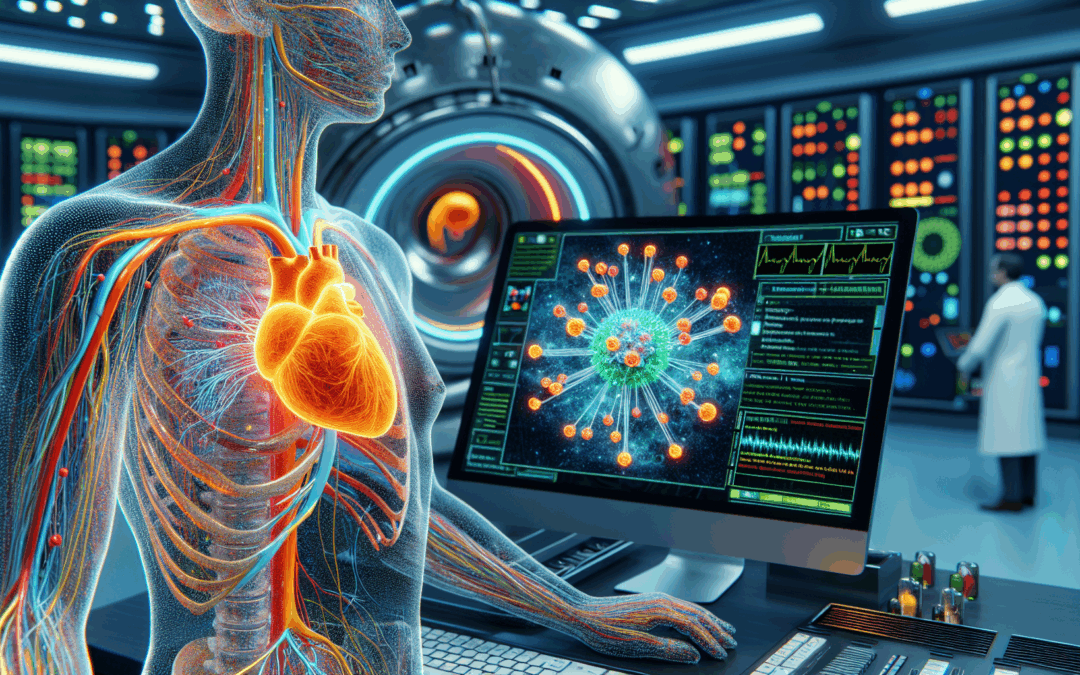Revolutionizing Radiation Oncology: How AI is Shaping the Future of Cancer Treatment
🚀 The future of radiation oncology is here, and it is being shaped by the incredible advancements in artificial intelligence. AI is revolutionizing the treatment workflow by automating and optimizing essential tasks. Picture this: deep learning models seamlessly analyzing CT and MRI images, ensuring the precision of organ and tumor tracking is nothing short of transformative. AI even enables the creation of virtual “digital twins,” tailor-made to enhance individual treatment plans, potentially saving more lives with every improvement.
🌟 Imagine a world where cancer patient trials can be run virtually. This is not just a dream—it’s a reality accelerated by AI. Through virtual patient cohorts, researchers in the UK and beyond are testing treatments and medical devices more swiftly and safely than ever before. This innovative approach not only reduces the costs and risks associated with traditional clinical trials but also expedites the delivery of cutting-edge treatments to those who need them most.
💡 The capabilities of AI extend even further, offering clinicians unprecedented insights into radiation treatment. With AI tools, professionals can monitor radiation dosages with pinpoint accuracy, significantly improving treatment outcomes and safety. As these technologies continue to evolve at a rapid pace, they promise to reshape the methodology of cancer treatment and research, promising hope and improved quality of life for countless patients worldwide.
The ideas presented here are derived from the following article: https://www.sroa.org/blog/ai-in-radiation-oncology-where-are-we-now/
🚀 The future of radiation oncology is here, and it is being shaped by the incredible advancements in artificial intelligence. AI is revolutionizing the treatment workflow by automating and optimizing essential tasks. Picture this: deep learning models seamlessly analyzing CT and MRI images, ensuring the precision of organ and tumor tracking is nothing short of transformative. AI even enables the creation of virtual “digital twins,” tailor-made to enhance individual treatment plans, potentially saving more lives with every improvement.
🌟 Imagine a world where cancer patient trials can be run virtually. This is not just a dream—it’s a reality accelerated by AI. Through virtual patient cohorts, researchers in the UK and beyond are testing treatments and medical devices more swiftly and safely than ever before. This innovative approach not only reduces the costs and risks associated with traditional clinical trials but also expedites the delivery of cutting-edge treatments to those who need them most.
💡 The capabilities of AI extend even further, offering clinicians unprecedented insights into radiation treatment. With AI tools, professionals can monitor radiation dosages with pinpoint accuracy, significantly improving treatment outcomes and safety. As these technologies continue to evolve at a rapid pace, they promise to reshape the methodology of cancer treatment and research, promising hope and improved quality of life for countless patients worldwide.
